Burundi’s Constitutional Court on Friday validated the landslide electoral victory of the ruling CNDD-FDD party in the June 5 legislative and communal elections, dismissing opposition complaints of fraud and electoral malpractice.
At a public hearing held in Burundi’s economic capital Bujumbura,Valentin Bagorikunda, president of the constitutional court, ruled the elections were conducted “in a regular manner,” rejecting appeals from opposition parties and affirming the decision of the Independent National Electoral Commission (CENI), which had announced that CNDD-FDD won with a staggering 96.51% of the vote.
“After deliberating in accordance with the law,” Bagorikunda said, “the Court affirms that the legislative elections of June 5, 2025, were conducted in a regular manner.”
The CNDD-FDD’s overwhelming win secured all seats in the National Assembly—a historic first since the party assumed power in 2005. The results have been lauded by some observers for the peaceful voting process but have sparked outrage among opposition parties, civil society organizations, and the Conference of Catholic Bishops of Burundi, all of whom pointed to widespread irregularities.
Opposition Decries Democratic Backsliding
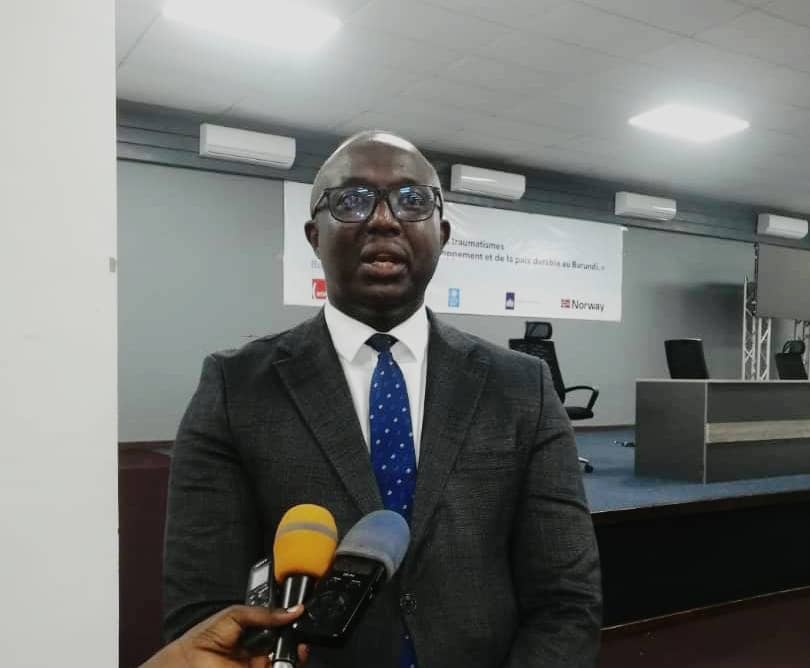
Opposition parties labeled the election a “fraud” and filed legal appeals with both provincial electoral bodies and the Constitutional Court, citing ballot stuffing, voter intimidation, and a lack of transparency.
One of the most vocal critics, Olivier Nkurunziza, leader of the Union for National Progress (UPRONA) party, expressed disappointment with the court’s ruling in an interview with local radio station Bonesha FM.
“We were not at all satisfied with the Court’s response,” Nkurunziza said. “Even if we hadn’t brought the case, the Court should have seen that what happened was not right.”
Nkurunziza claimed that the opposition was unable to provide the necessary F2 forms—official tally sheets from polling stations—because their observers had been expelled during the vote.
“We had clearly explained that it was difficult to obtain them,” he said. “Many of our observers had gone home, many had been thrown out—those documents were not available. Therefore, we could not submit what we did not have, but we showed where those violations took place.”
Despite the court’s final and non-appealable decision, Nkurunziza vowed to continue political engagement and to raise awareness about what he described as a threat to democracy.
“We will continue to explain to the country’s leaders, to the population, and to the international community that, given how the elections were conducted in Burundi, something must be done—because democracy is at stake,” he said.
Court Defends Verdict
In its ruling, the Constitutional Court noted it had reviewed CENI’s documentation, including result summaries and vote tally forms, and found no legal basis to invalidate the elections.
“The facts alleged by the petitioners… were found to be baseless due to lack of evidence,” Bagorikunda said, emphasizing that the legal framework for the election had been properly implemented and respected.
The court’s written ruling cited several constitutional and electoral laws to back its decision, stating that “the Court analyzed the data from the polling station reports and found the elections were conducted in accordance with the legal and regulatory framework.”
To comply with constitutional mandates on ethnic representation, the CENI added 11 additional MPs, including eight from CNDD-FDD and three from the marginalized Batwa community. Burundi’s Constitution requires the National Assembly to include 60% Hutu and 40% Tutsi representation, with a portion reserved for the Batwa minority.
The 111 newly designated members of parliament are expected to take office on July 28, 2025, for a five-year term.
The CNDD-FDD welcomed the court’s decision, reiterating its dominance in a post on X: “The Court confirmed all the results announced by the CENI, rejecting all the appeals submitted.”

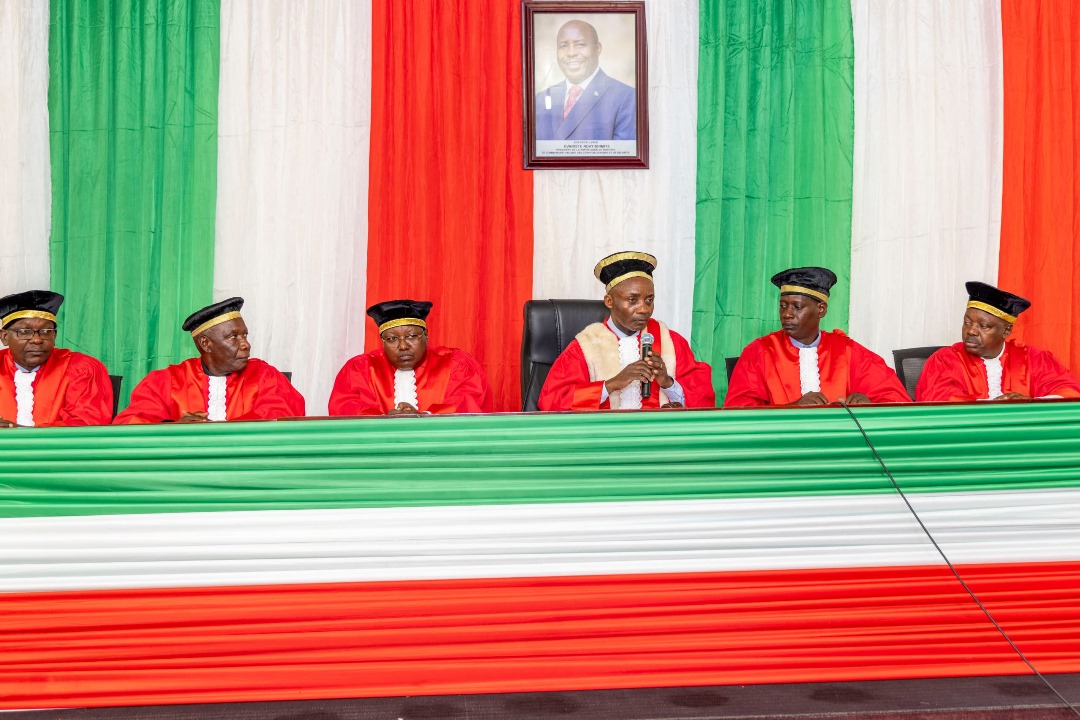
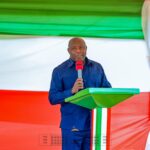
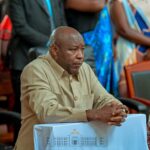
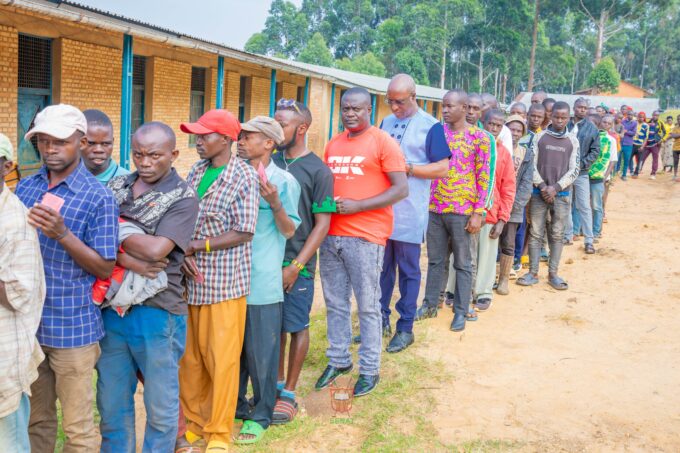
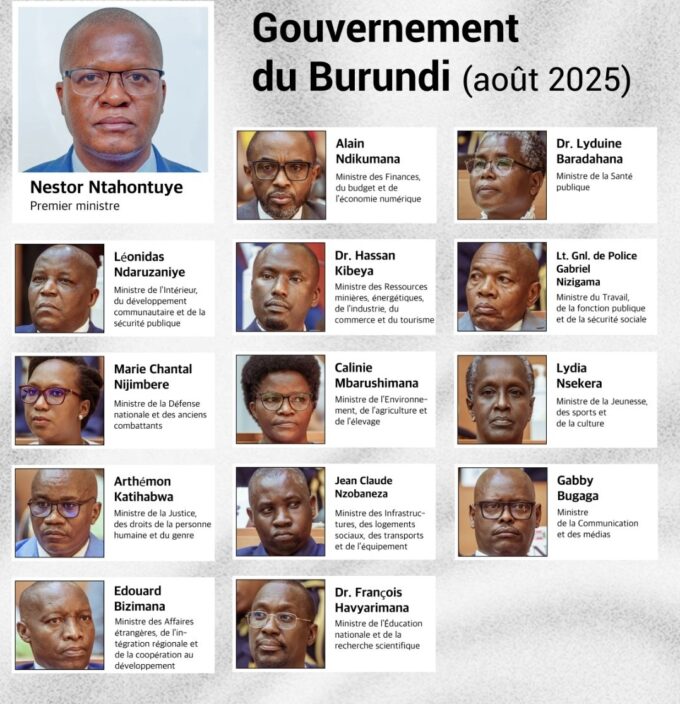
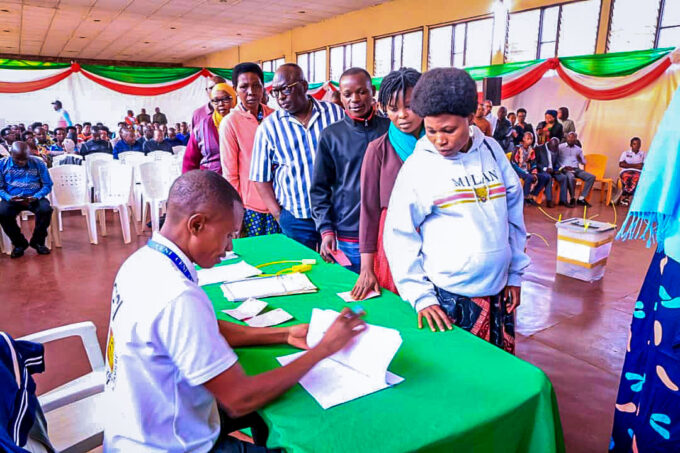
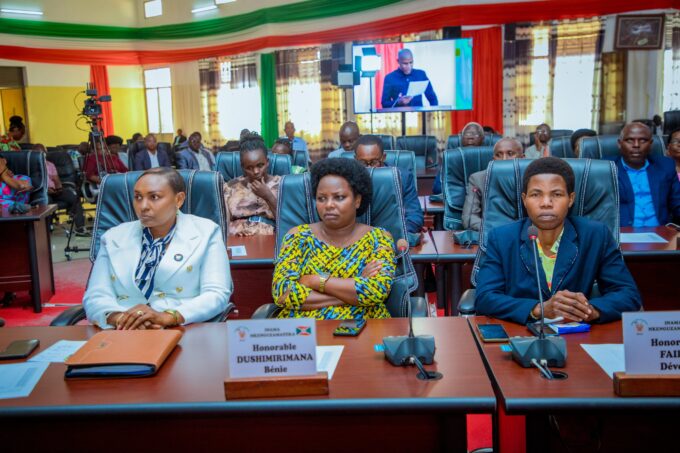
Leave a comment